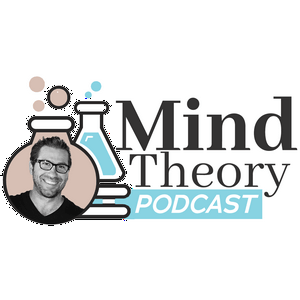Welcome to the Mind Theory Podcast, where we explore the complex science behind human behavior and social dynamics. In this episode, we dive deep into The Psychology of Gossip, uncovering why we talk about others, how gossip spreads, and the profound ways it influences cooperation, relationships, and society at large. Drawing from cutting-edge research and real-world examples, we’ll explore: The surprising benefits of gossip, including its role in fostering group cooperation and enforcing social norms. The darker side of gossip, from spreading misinformation to its emotional impact on individuals who are the subject of it. How personality traits influence our likelihood to engage in gossip and what motivates people to share certain stories. Insights from experimental studies on how gossip affects trust, cooperation, and decision-making in groups. Strategies for engaging in healthy, constructive communication while avoiding the negative effects of harmful gossip. This episode offers a comprehensive look at the psychology and sociology of gossip, equipping you with a deeper understanding of this universal human behavior. Key Tags: psychology of gossip, group cooperation, social norms, personality traits, trust and relationships, social dynamics, misinformation, behavioral science, emotional impact, sociology For inquiries, collaborations, or to share your thoughts, contact Randall Chesnutt at
[email protected]. 🎙️ Subscribe to the Mind Theory Podcast on Spotify, Apple Podcasts, or your favorite streaming platform. Don’t forget to leave a review and share this episode with anyone curious about the power of gossip and its influence on human connection!

